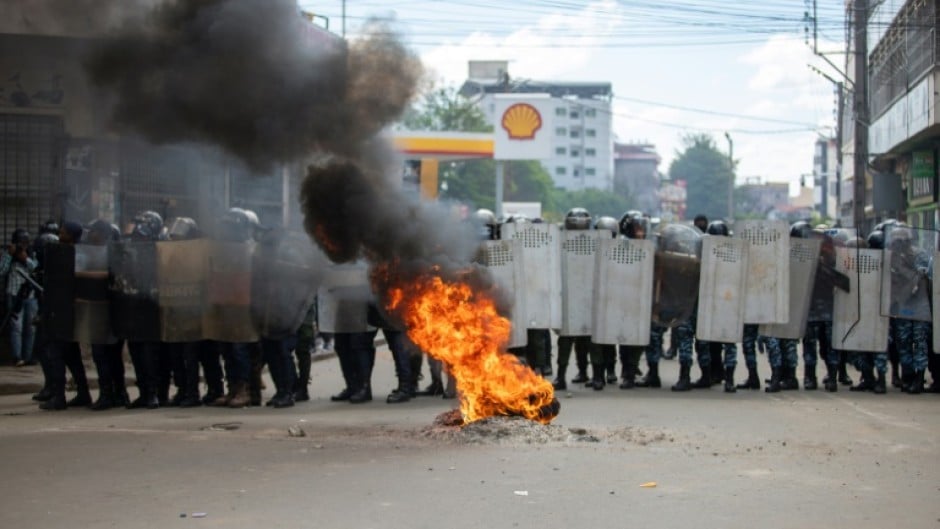Today’s presidential election in Liberia stands as a pivotal moment in the nation’s history, a decisive event that could shape the trajectory of its future. This election, the fourth since the end of the civil war, is not only a choice of leaders but a test of the nation’s commitment to democracy and peace.
The election is set against a backdrop of significant challenges. The incumbent, President George Weah, faces criticism for rampant corruption, incompetence, and economic mismanagement during his term. The opposition, represented by figures like former vice president Joseph Boakai and businessman Alexander Cummings, offers contrasting visions for Liberia’s future. Boakai is seen as a figure of experience and stability, particularly appealing to an older electorate, while Cummings, a former Coca-Cola executive advocating for a war and economic crime court, represents a break from traditional politics, attracting a younger, professional demographic despite some skepticism about his electability.
The election occurs in a context of complex social issues. Liberia grapples with increasing drug use, with two in ten youths reportedly using narcotics. This rise in drug smuggling has become a campaign issue, with candidates acknowledging the need for robust action. Additionally, this year marks the 20th anniversary of the end of Liberia’s second civil war, a painful chapter in the nation’s history that still casts a long shadow. The Truth and Reconciliation Commission’s recommendations, including the establishment of a war crimes court, have yet to be fully implemented, and this issue remains a significant point of contention among the candidates.
Corruption is another critical issue. Weah’s administration has been marred by scandals, diminishing public trust in government. The U.S. has sanctioned several Liberian officials for corruption, including those linked to Weah’s government. Despite these challenges, Weah’s supporters point to legislative efforts to empower anti-corruption bodies as evidence of progress.
This election is also a referendum on the ruling party’s performance. Analysts suggest that voter decisions will likely be influenced more by their views on the ruling party’s policies rather than the opposition’s merits. The election is notable for being the first post-war presidential election conducted without the presence of the United Nations mission, which previously supported Liberia’s election commission.
In the face of these complex issues and a crowded field of candidates, the need for a peaceful election process cannot be overstated. Liberia’s history of conflict underscores the importance of maintaining a democratic and non-violent path forward. The outcome of this election will not only determine the nation’s leadership but also its commitment to addressing the deep-rooted challenges that continue to affect its people. The world watches as Liberia takes this critical step today, hopeful for a future defined by peace, stability, and prosperity.




